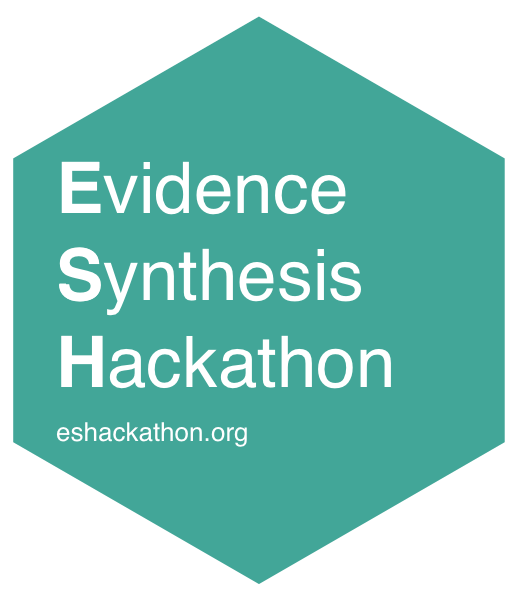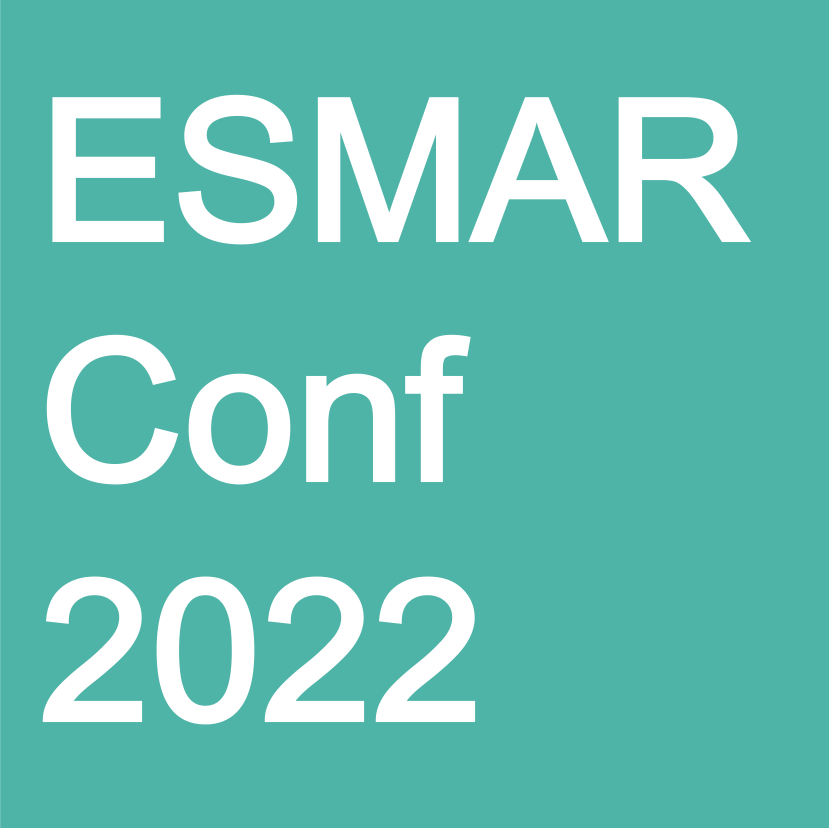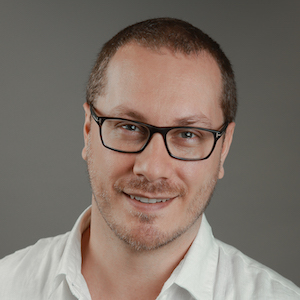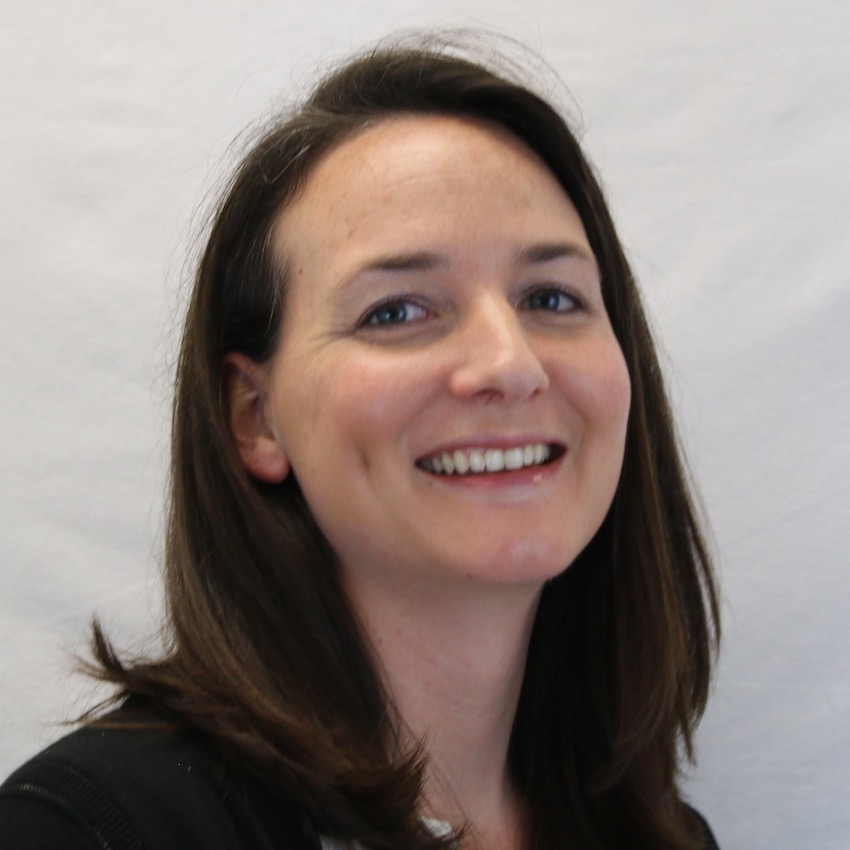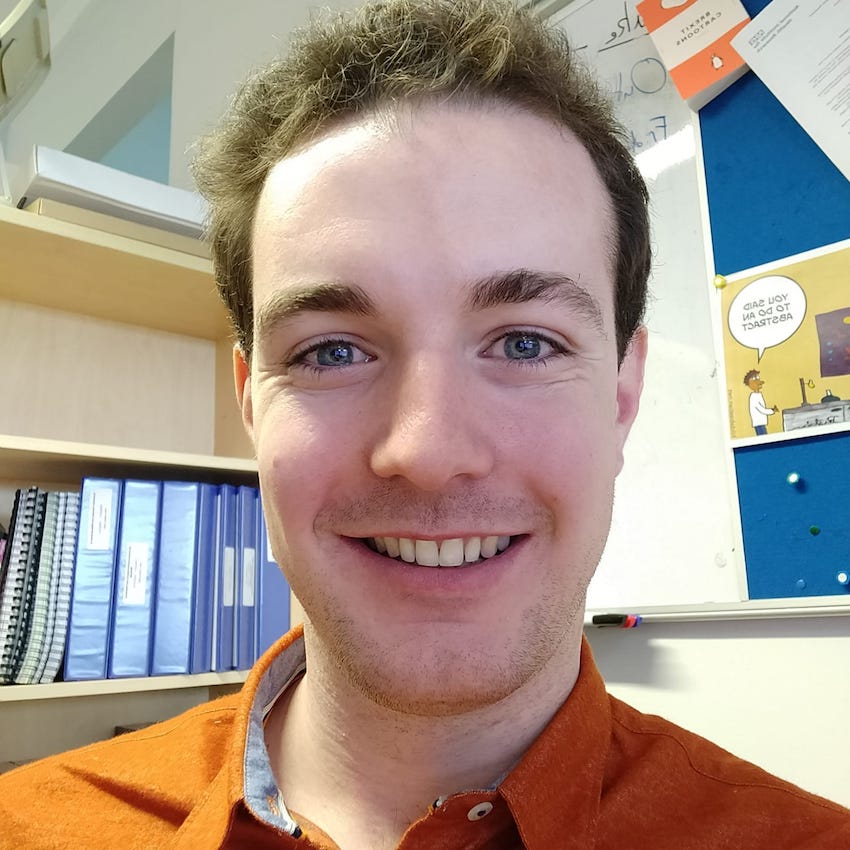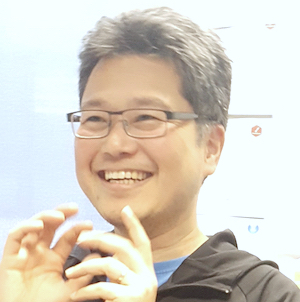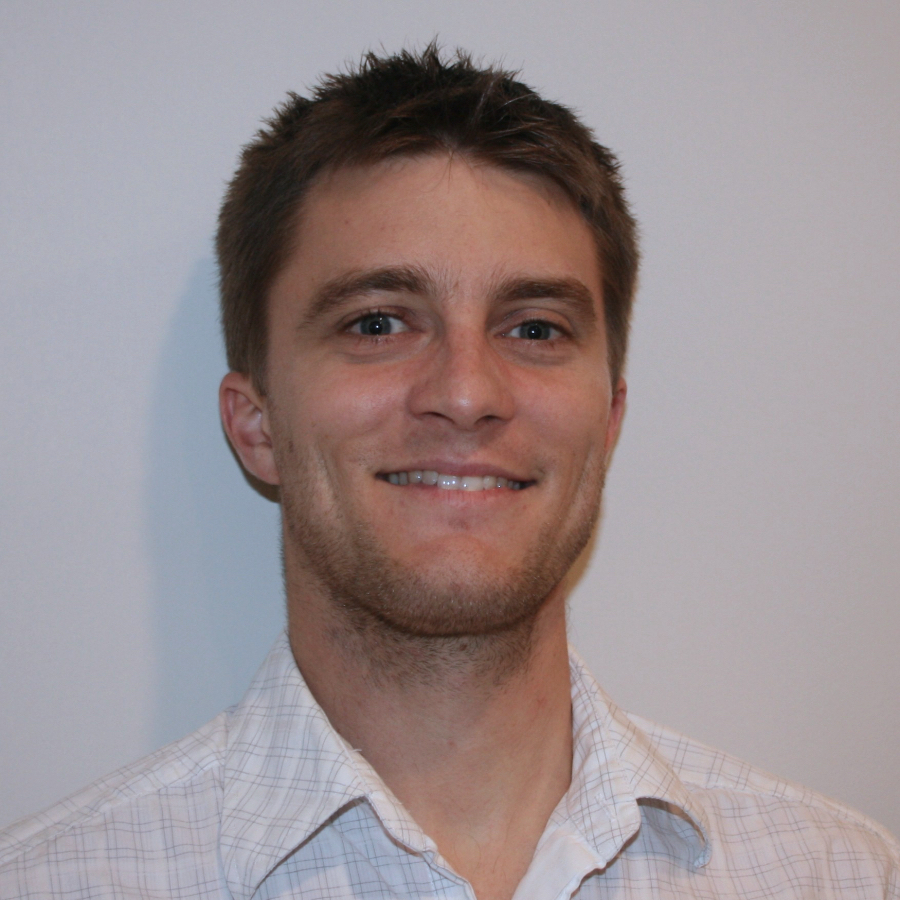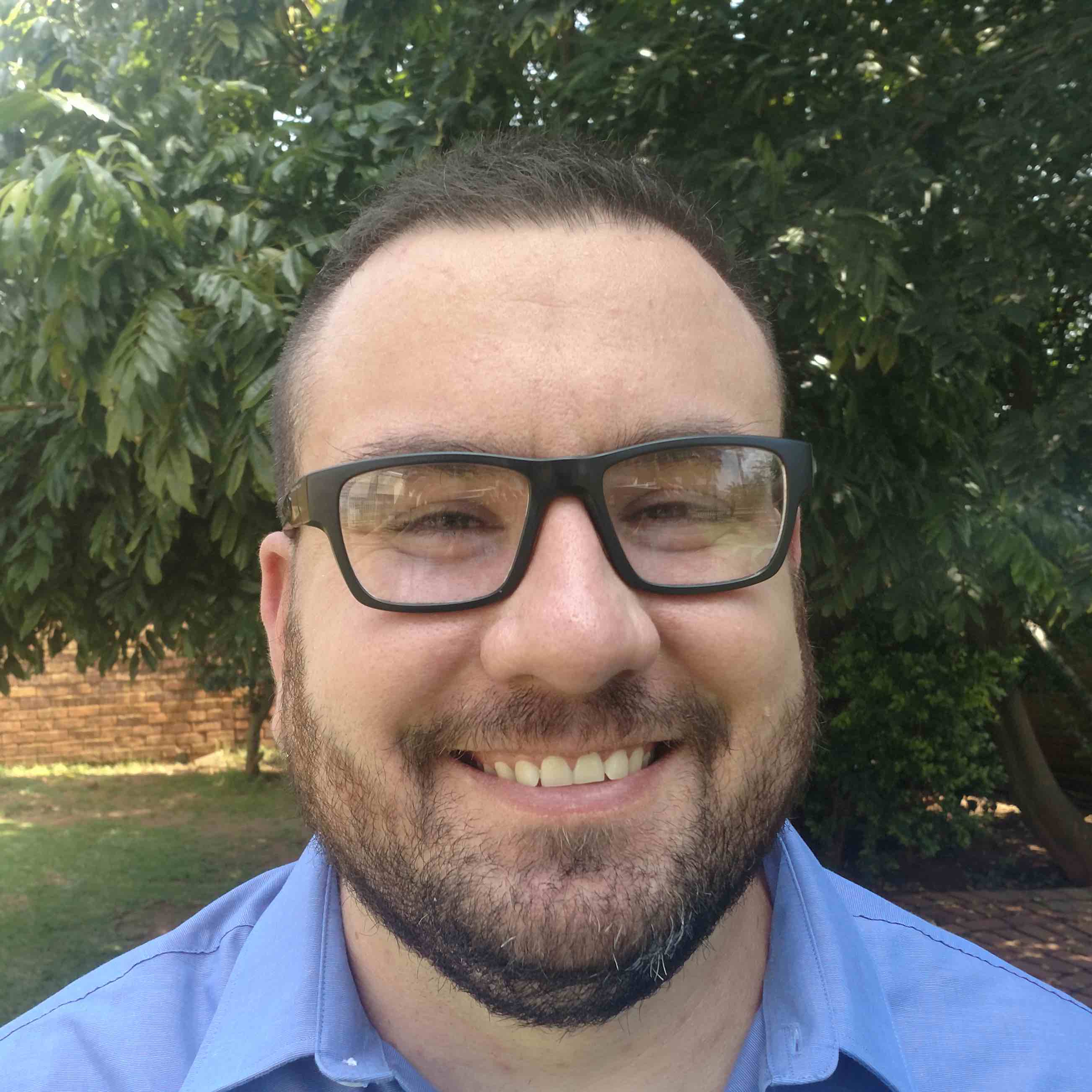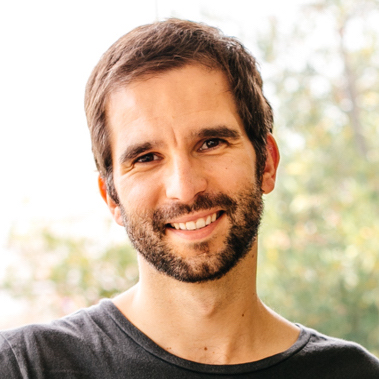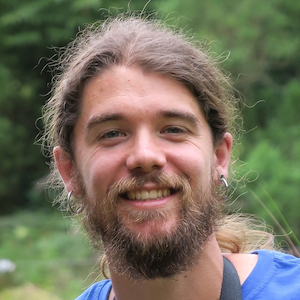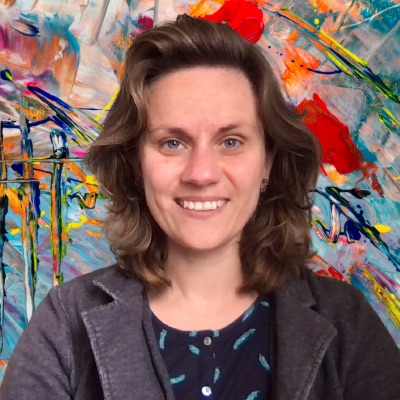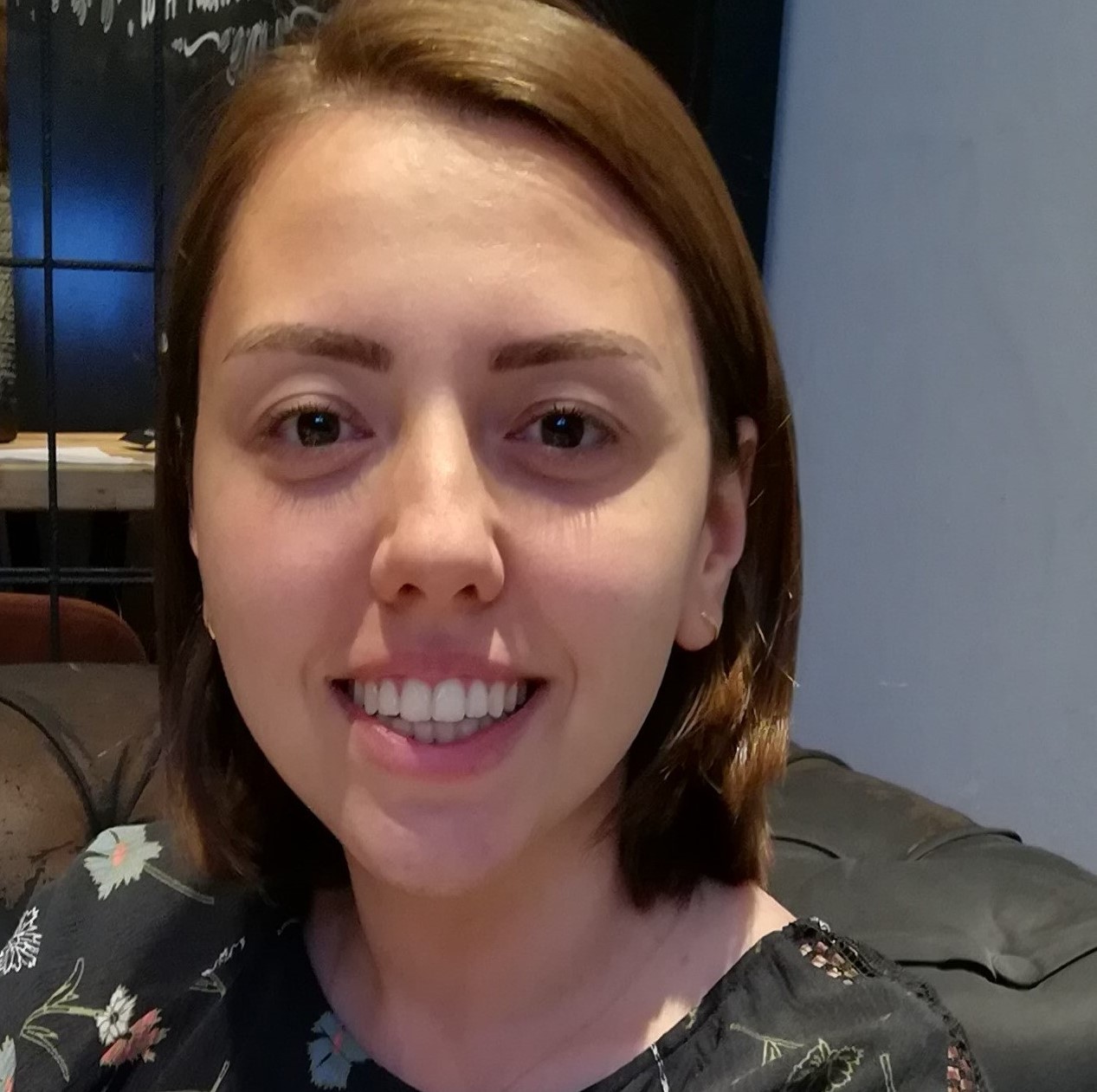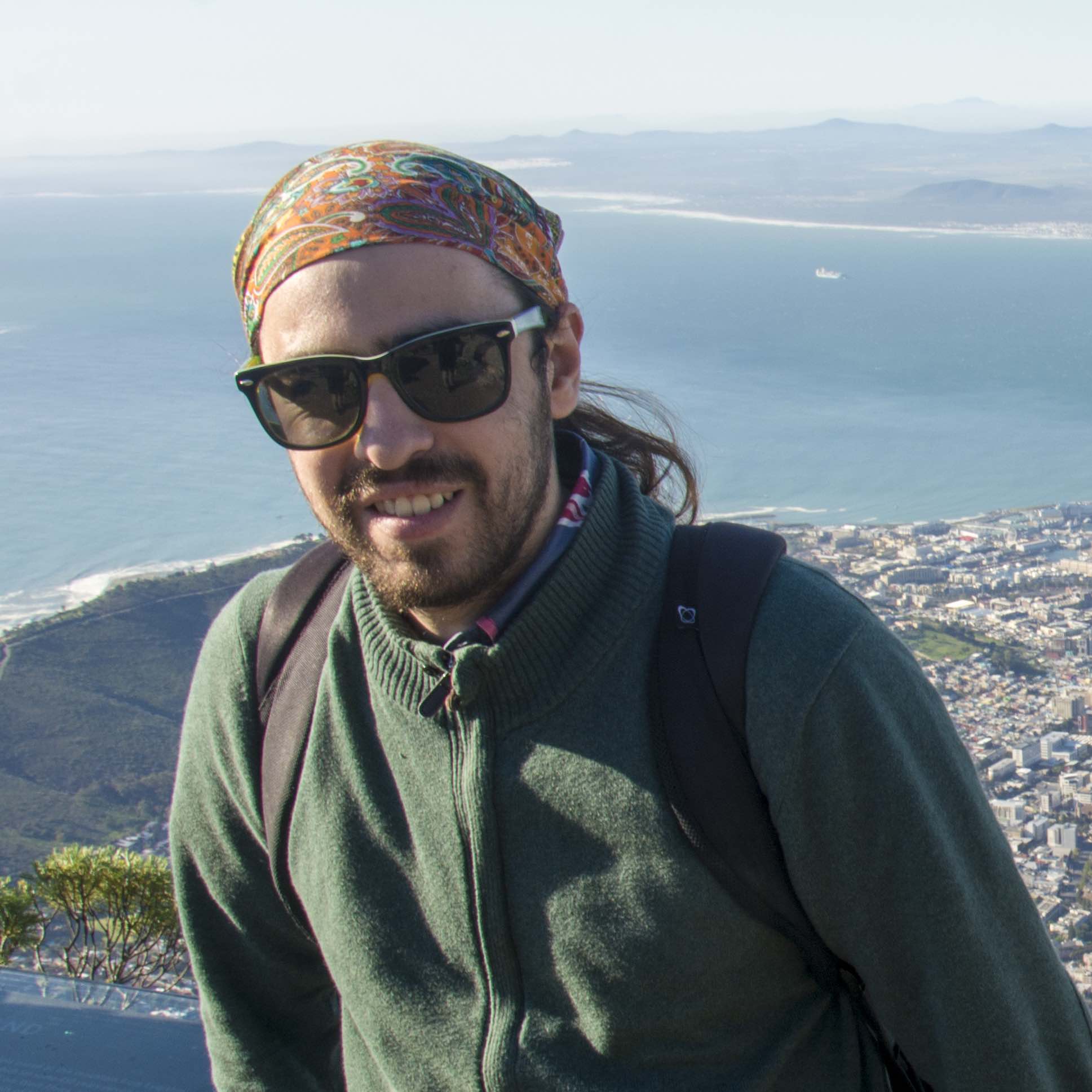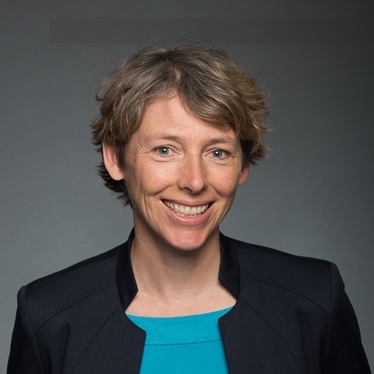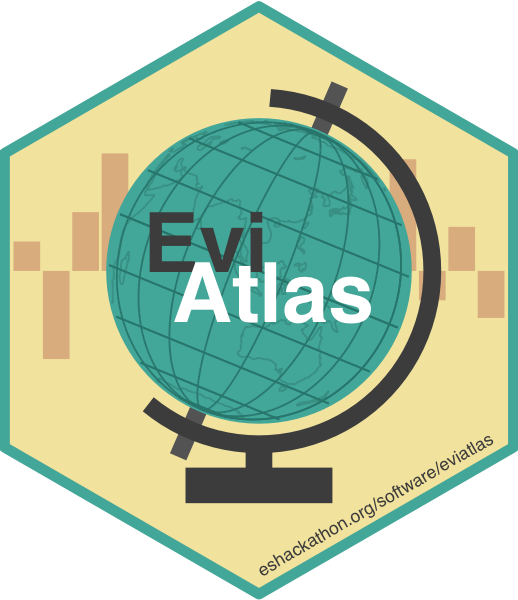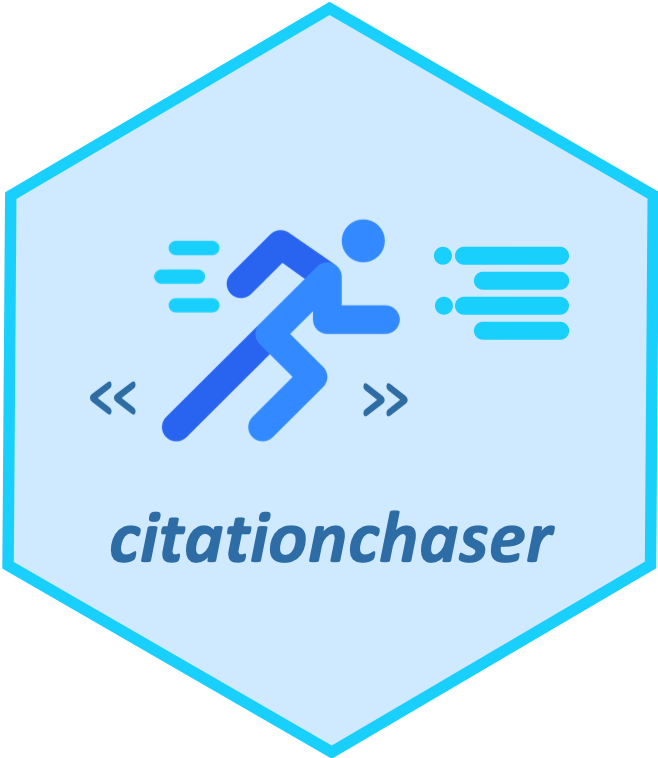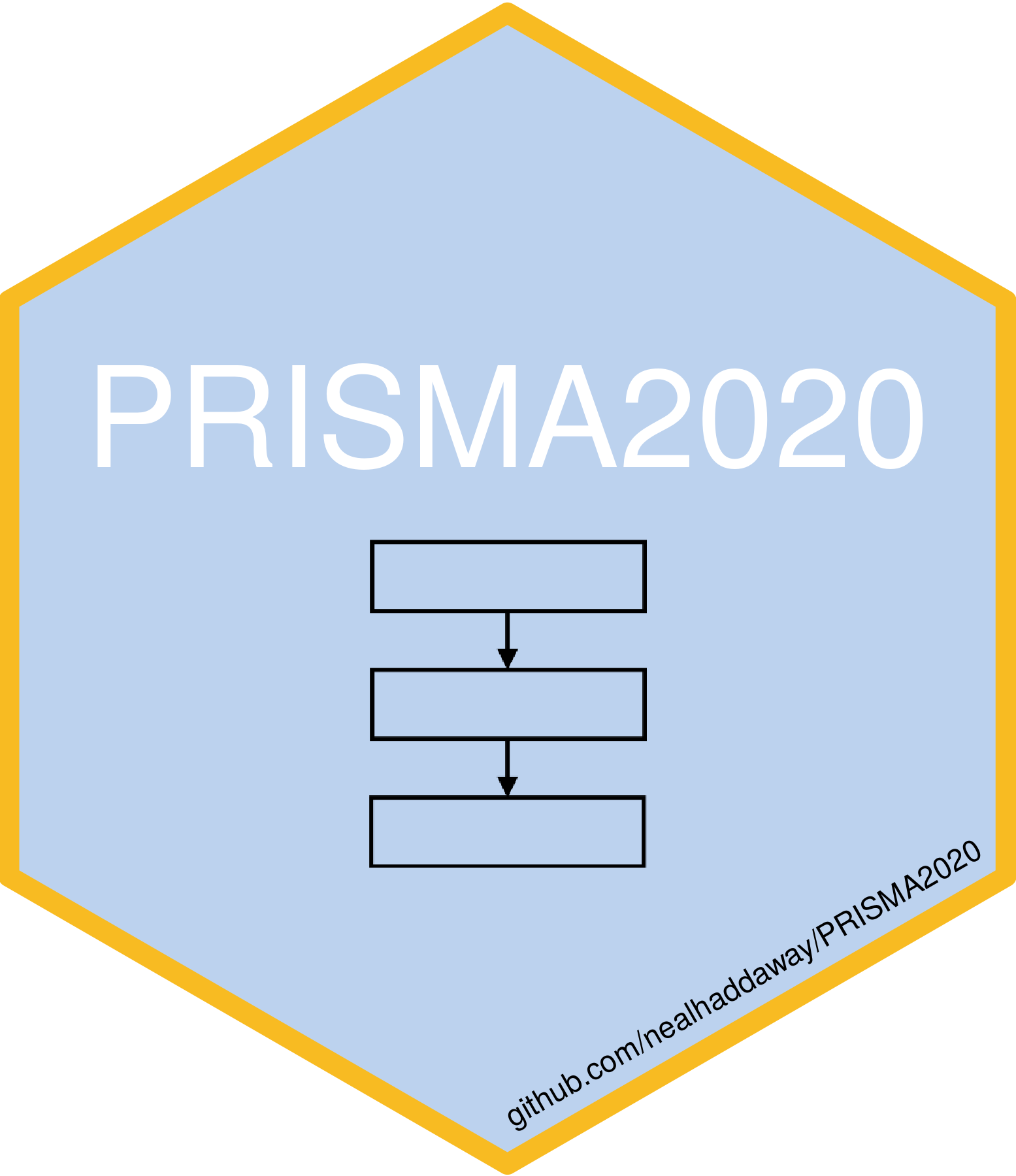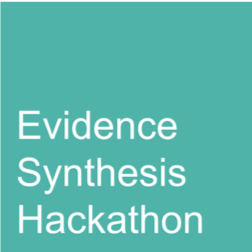 Position Vacancy - ESHackathon and ESMARConf Fellow
Terms of Reference for ESHackathon and ESMARConf Fellow Position
Position Vacancy - ESHackathon and ESMARConf Fellow
Terms of Reference for ESHackathon and ESMARConf Fellow Position
NEW POSITION ALERT - we're looking for an early career researcher with a keen interest in evidence synthesis, Open Science, and R to help support the Evidence Synthesis Hackathon (
www.eshackathon.org) and ESMARConf (
www.esmarconf.org).
The role would involve monthly calls helping to direct the organisations' activities, mentoring with ES/R experts, exposure to networks of global experts, academic paper writing, event organisation support - the activities and experience can expand to suit the candidate. Some paid opportunities exist for support with specific events.
Join a fun, welcoming, and supportive team and help to shape a growing organisation focusing on increasing the accessibility, efficiency and rigour of evidence synthesis.
For more details, see the Terms of Reference here:
Terms of Reference
Posted 2023-12-23
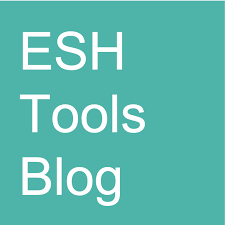 ESHToolsBlog - orchaRd
A walkthrough of orchaRd with developer Shinichi Nakagawa
ESHToolsBlog - orchaRd
A walkthrough of orchaRd with developer Shinichi Nakagawa
After a short break, we are back this month with a contribution from Shinichi Nakagawa (University of New South Wales, Sydney). Shinichi shares about the R package,
orchaRd, developed with former and present colleagues from his lab. This tool helps create visually stunning and super informative plots, beautifully named ‘orchard’ and ‘caterpillars’ plots. Take a look, we’re sure you’ll find them useful!
If you’d like your tool featured in the series, please reach out by Twitter (https://twitter.com/eshackathon).
 ESHToolsBlog - metaDigitise
A walkthrough of metaDigitise with developer Joel and Daniel Noble
ESHToolsBlog - metaDigitise
A walkthrough of metaDigitise with developer Joel and Daniel Noble
For this month’s edition of the #ESHToolsBlog we hear from Joel Pick and
Daniel Noble about metaDigitise, an R package that facilitates data extraction from figures taken from the primary literature – a serious time saver for those of us that need to do this.
This is the second time this week that I’ve heard of a great tool idea come to fruition following a round of beers among friends, so bottoms-up folks and keep those great ideas coming! If you’d like your tool featured in the series, please reach out by Twitter (https://twitter.com/eshackathon).
 ESHToolsBlog - citationchaser
A walkthrough of citationchaser with developer Neal Haddaway
ESHToolsBlog - citationchaser
A walkthrough of citationchaser with developer Neal Haddaway
We open our #ESHToolsBlog series with a recent tool from Neal Haddaway: citationchaser.
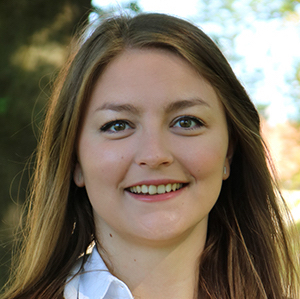 Open Evidence Ecosystems
An interview with Alexandra Bannach-Brown
Open Evidence Ecosystems
An interview with Alexandra Bannach-Brown
Alex Bannach-Brown is a meta-researcher and systematic review methodologist at QUEST Center, Berlin Institute of Health. She delivers education, develops infrastructure, and provides methodological support for preclinical animal systematic reviews. Here, she talks to us about Open Evidence Ecosystems and her experiences with ESH!
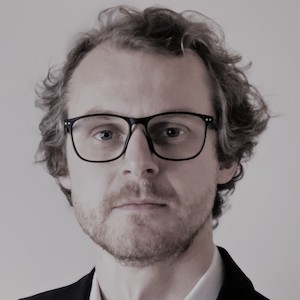 Choosing databases for Systematic Reviews
An Interview with Michael Gusenbauer
Choosing databases for Systematic Reviews
An Interview with Michael Gusenbauer
Michael Gusenbauer is an assistant professor at the Institute of Innovation Management (ifi) at Johannes Kepler University (JKU) Linz. Here Michael talks about his
recent article with Neal Haddaway on selecting academic search systems for systematic reviews.
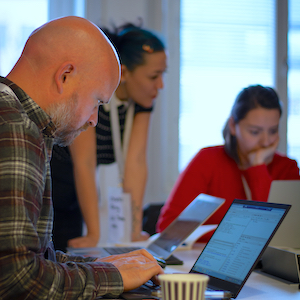 Introducing EviAtlas
In discussion with the EviAtlas team
Introducing EviAtlas
In discussion with the EviAtlas team
EviAtlas is a brand new tool for visualising evidence bases produced within systematic reviews and systematic maps, helping researchers to create interactive graphics and identify patterns, gaps and clusters in the evidence. EviAtlas was produced by a team of volunteers working across three Evidence Synthesis Hackathon events (ESH2018, miniESH2018 and ESH2019). Here, we speak to the team about their new tool and their experiences with ESH.
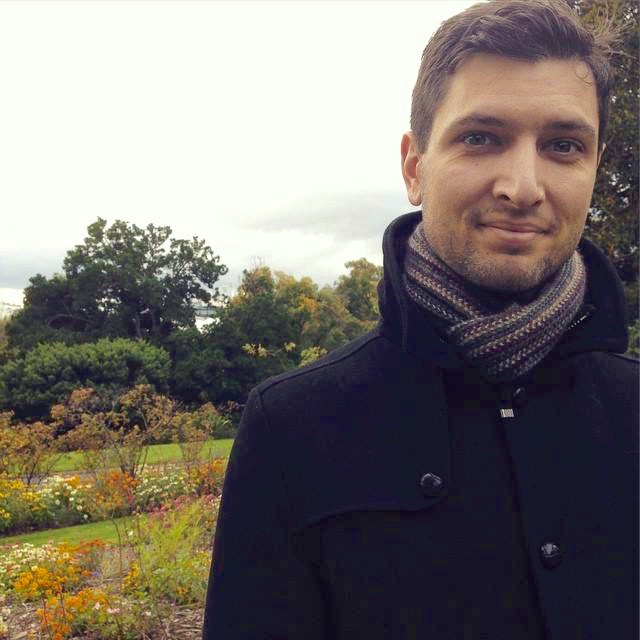 Reflections on ESH Canberra 2019
An interview with Martin Westgate
Reflections on ESH Canberra 2019
An interview with Martin Westgate
Martin is a co-founder of the evidence synthesis hackathon series and part of the organising team for ESH 2019, which was held at the University of New South Wales' Canberra campus in April. Here he reflects on that event and where the ESH series is headed next.
 Building metafor
An interview with Wolfgang Viechtbauer
Building metafor
An interview with Wolfgang Viechtbauer
Wolfgang is associate professor of statistics at Maastricht University. In addition to a successful career in meta-research, Wolfgang's hugely-influential software package 'metafor' is the default method for meta-analysis in R. Here Wolfgang answers some of our questions about his work and the importance of open science.
 What is the Evidence Synthesis Hackathon?
An interview with Neal Haddaway
What is the Evidence Synthesis Hackathon?
An interview with Neal Haddaway
In the first of our blog series, Neal Haddaway, a Research Fellow from the Stockholm Environmental Institute, answers our questions about what exactly the Evidence Synthesis Hackathon is and how Evidence Synthesis Technology can support rigorous evidence-informed decision-making.
 Evidence synthesis (ES) is the process of converting scientific outputs - such as articles, reports and data - into reliable and digestible evidence that can inform management or policy.
Evidence synthesis (ES) is the process of converting scientific outputs - such as articles, reports and data - into reliable and digestible evidence that can inform management or policy.